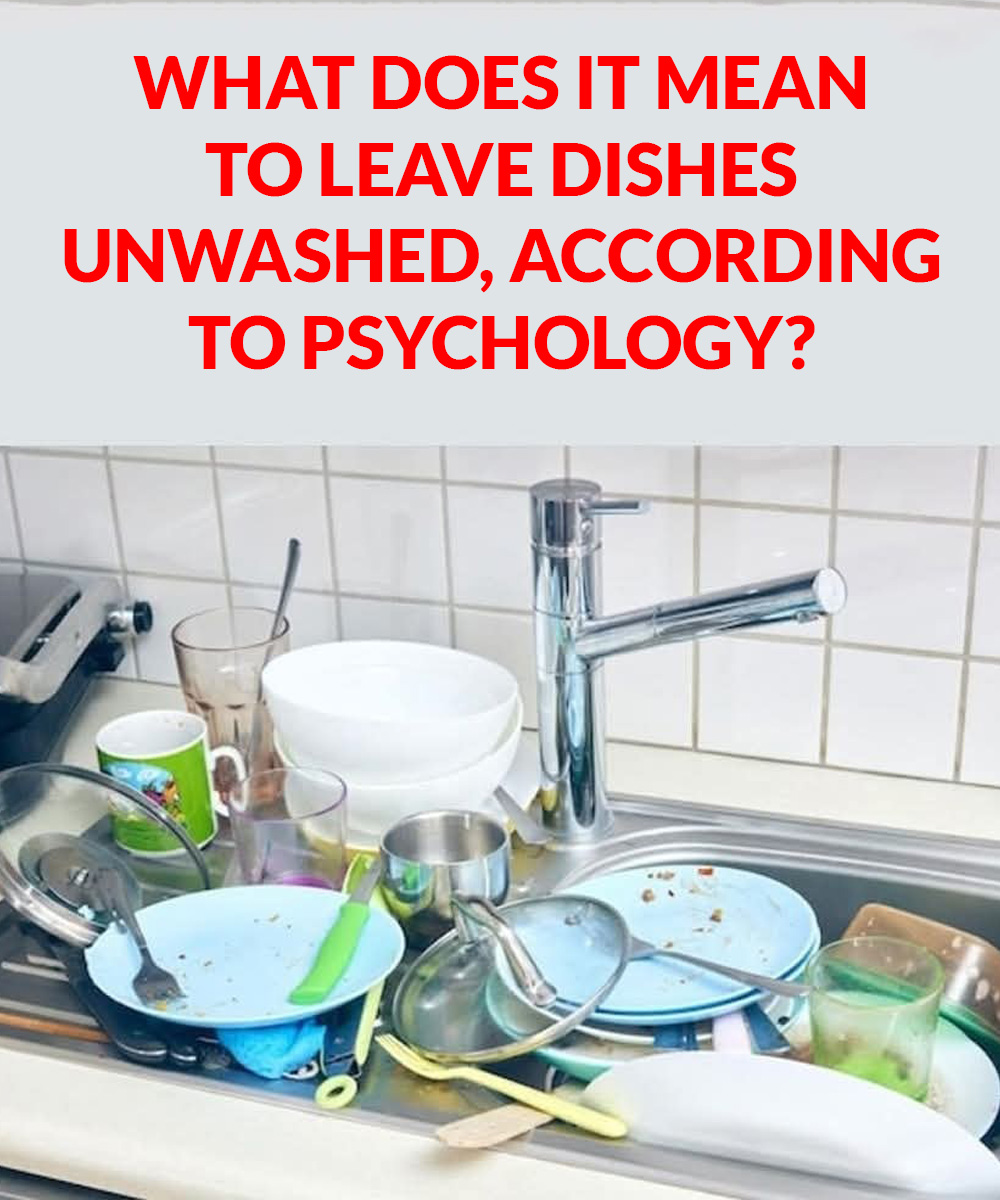2. Reducing Visual and Mental Stress
A cluttered space can create a sense of chaos and stress. Seeing a pile of dirty dishes can make a person feel overwhelmed and guilty, affecting their mood and productivity.
3. Promoting Discipline and Self-Care
Washing dishes immediately after eating is an exercise in discipline and self-care. Keeping the kitchen clean helps develop organizational and responsible habits.
4. Improving Coexistence
In shared homes, the accumulation of dirty dishes can be a source of conflict between family members or roommates. Keeping the kitchen tidy contributes to better coexistence and communication.
Conclusion
The habit of washing dishes is not just a household chore, but also a reflection of our discipline, state of mind, and lifestyle habits. While occasionally leaving dirty dishes isn’t a serious problem, allowing them to pile up can affect health, emotional well-being, and harmony in the home.
Making a conscious effort to keep the kitchen clean can bring significant benefits, from improving mood to fostering a greater sense of control over daily life. How do you manage this task in your daily life?
